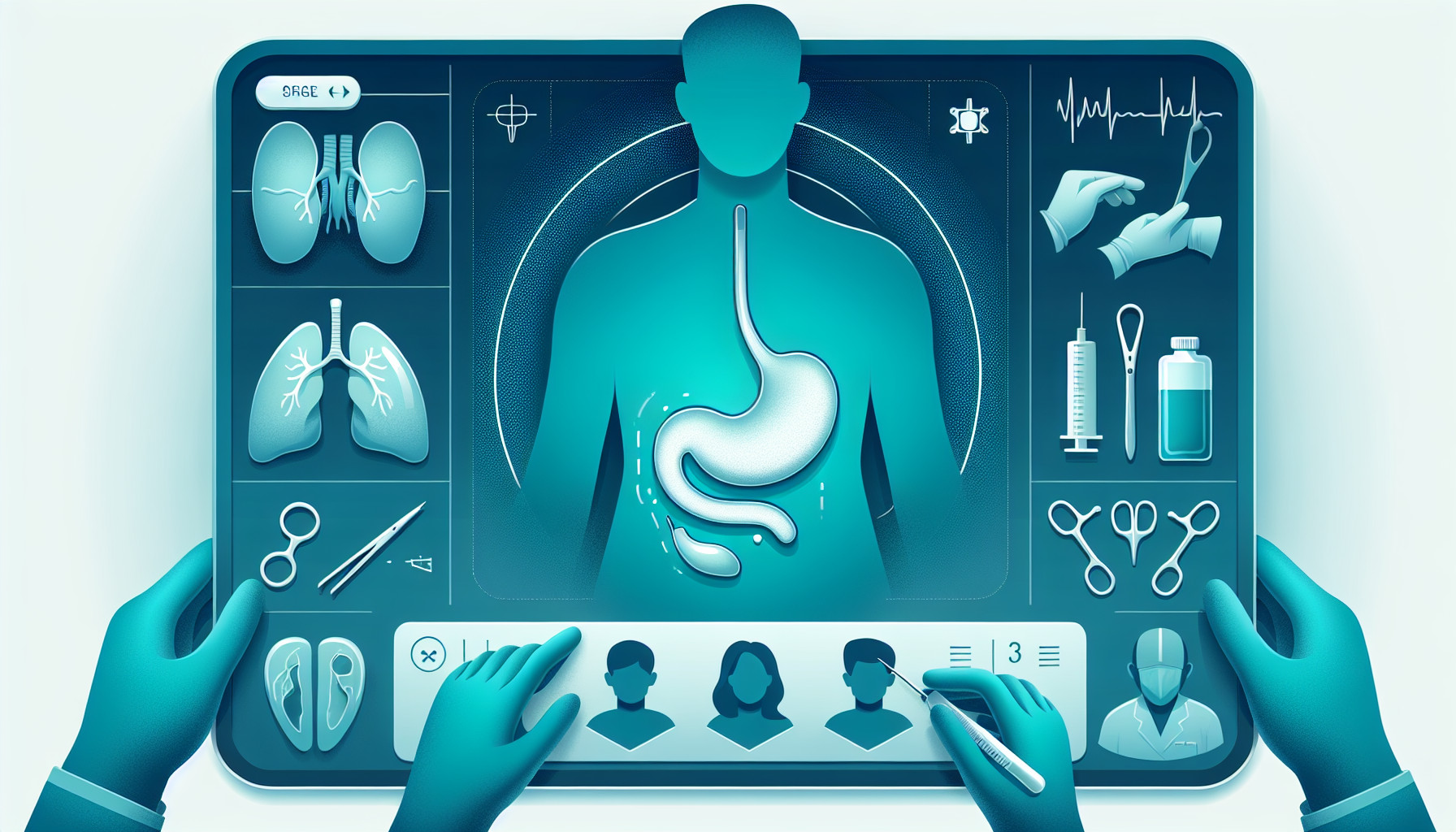Our Summary
This research paper examines the effectiveness of a specialist-led urgent surgery service for patients with gallstone-related issues in the UK. The study analyzed data from surgeries performed over 5 years. The data showed that out of 4870 gallbladder removal surgeries, about 37% were urgent cases while the rest were planned surgeries. All surgeries began as minimally invasive procedures (laparoscopic), but about 0.5% had to be switched to open surgery. Urgent surgeries took about 20 minutes longer than planned ones. The timing of the surgery did not affect the rate of conversion from laparoscopic to open surgery or the rate of complications. The average hospital stay was 4 days. The study concluded that urgent gallbladder removal is safe and doable for most patients with acute gallbladder disease. Having the surgery performed by specialist surgeons resulted in a low rate of conversion to open surgery, a low complication rate, and a short hospital stay.
FAQs
- What percentage of gallbladder removal surgeries were urgent cases according to the study?
- Does the timing of the surgery affect the rate of conversion from laparoscopic to open surgery or the rate of complications?
- What are the benefits of having gallbladder removal surgery performed by specialist surgeons according to the research?
Doctor’s Tip
One helpful tip a doctor might tell a patient about cholecystectomy is to follow post-operative care instructions carefully to ensure a smooth recovery. This may include taking pain medication as prescribed, gradually reintroducing solid foods into your diet, avoiding heavy lifting or strenuous activities, and keeping the incision area clean and dry. It’s also important to attend follow-up appointments with your doctor to monitor your recovery progress.
Suitable For
Patients who are typically recommended cholecystectomy include those with acute gallbladder disease, such as acute cholecystitis (inflammation of the gallbladder), gallstones causing symptoms such as pain, nausea, and vomiting, or complications such as pancreatitis or cholangitis. Urgent cholecystectomy may be recommended for patients with severe symptoms or complications that require immediate surgical intervention. Other patients who may be recommended for cholecystectomy include those with recurrent gallstone attacks, gallbladder polyps, or gallbladder cancer. Ultimately, the decision to recommend cholecystectomy is based on the individual patient’s symptoms, medical history, and the risks and benefits of surgery.
Timeline
Before cholecystectomy:
- Patient experiences symptoms of gallbladder issues such as abdominal pain, nausea, vomiting, and bloating.
- Patient may undergo diagnostic tests such as ultrasound or CT scan to confirm gallbladder disease.
- Patient may be prescribed medications to manage symptoms and advised to follow a low-fat diet.
- Patient may be scheduled for a planned cholecystectomy if symptoms persist or worsen.
After cholecystectomy:
- Patient undergoes pre-operative preparation including fasting and discussion of anesthesia options.
- Patient undergoes laparoscopic cholecystectomy procedure, which typically lasts 1-2 hours.
- Patient is monitored in the recovery room before being transferred to a hospital room.
- Patient may experience pain and discomfort at the incision sites, which can be managed with pain medication.
- Patient is encouraged to walk and move around to prevent blood clots and aid in recovery.
- Patient is discharged from the hospital within a few days and instructed on post-operative care including diet and activity restrictions.
- Patient may experience temporary digestive issues such as diarrhea or bloating as the body adjusts to the absence of the gallbladder.
- Patient follows up with their surgeon for a post-operative appointment to ensure proper healing and address any concerns.
What to Ask Your Doctor
- What are the reasons for recommending a cholecystectomy in my case?
- What are the potential risks and complications associated with the surgery?
- How long is the recovery period and what can I expect during the recovery process?
- Will I need to make any changes to my diet or lifestyle after the surgery?
- How experienced is the surgeon who will be performing the procedure?
- Are there any alternative treatment options to consider before proceeding with surgery?
- What is the success rate of cholecystectomy in treating gallbladder issues?
- Are there any specific factors in my medical history that may affect the outcome of the surgery?
- What should I do if I experience any unusual symptoms or complications after the surgery?
- How soon can I expect to resume normal activities after the surgery?
Reference
Authors: Glaysher MA, May-Miller P, Carter NC, van Boxel G, Pucher PH, Knight BC, Mercer SJ. Journal: Surg Endosc. 2023 Feb;37(2):1038-1043. doi: 10.1007/s00464-022-09591-2. Epub 2022 Sep 13. PMID: 36100780
